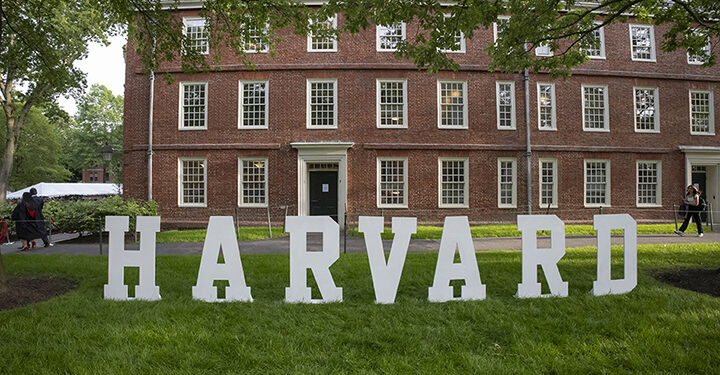A United States federal judge has ruled in favour of Harvard University, stopping the Trump administration—at least temporarily—from blocking international students from studying at the institution. This move is being celebrated by universities, education advocates, and many international students, including those from Africa.
Judge Allison Burroughs of the U.S. District Court extended an order that prevents the federal government from enforcing new restrictions aimed at barring Harvard from hosting foreign students. The order will remain in place until at least June 23, while the court examines broader legal and constitutional concerns.
Harvard, one of the world’s most prestigious universities, has taken the U.S. government to court, claiming that efforts to block international students are not only unfair but unconstitutional. According to Harvard, this is part of a larger attack on the university’s freedom to make decisions about its academic content, values, and global reach.
In its legal filing, Harvard argued that this case goes beyond immigration—it is about academic freedom. “This is not about visas,” the university stated. “It is about the government’s unconstitutional attempt to control academic freedom.”
Currently, international students make up 27% of Harvard’s student body. Many of them are from countries in Africa, Asia, and Latin America. Should the U.S. government’s restrictions be enforced, thousands of bright, young minds from across the globe could be forced to abandon their studies.
The Trump administration, however, insists it is trying to bring accountability to elite institutions, accusing them of promoting liberal ideologies and failing to provide balance. The administration has reportedly cut over $3.2 billion in federal funding to Harvard and may bar future financial support.
In a shocking allegation, Harvard claims that foreign embassies have been told not to issue student visas to those admitted to the university—something that could directly affect African students seeking opportunities abroad.
The legal battle has major implications for the global education system, especially for African students who rely on opportunities abroad for world-class education. It also raises questions about the extent to which governments can influence universities, particularly in matters of academic content, institutional governance, and freedom of expression.
For African universities and policymakers, this case serves as a wake-up call on the importance of protecting academic institutions from political interference. It also shines a light on the challenges international students face in the pursuit of knowledge across borders.
As the case continues, all eyes are on the June 23 court date. The final ruling could reshape the future of international education in the United States and potentially impact global higher education policies.
Why This Matters to Africa:
Student Mobility: Thousands of African students study in the US each year. A ruling against Harvard could affect visa access and educational dreams.
Academic Freedom: African universities must take a cue and protect their autonomy from government overreach.
Global Solidarity: When elite institutions stand up for freedom, they create space for smaller institutions worldwide to do the same.



















































































 EduTimes Africa, a product of Education Times Africa, is a magazine publication that aims to lend its support to close the yawning gap in Africa's educational development.
EduTimes Africa, a product of Education Times Africa, is a magazine publication that aims to lend its support to close the yawning gap in Africa's educational development.